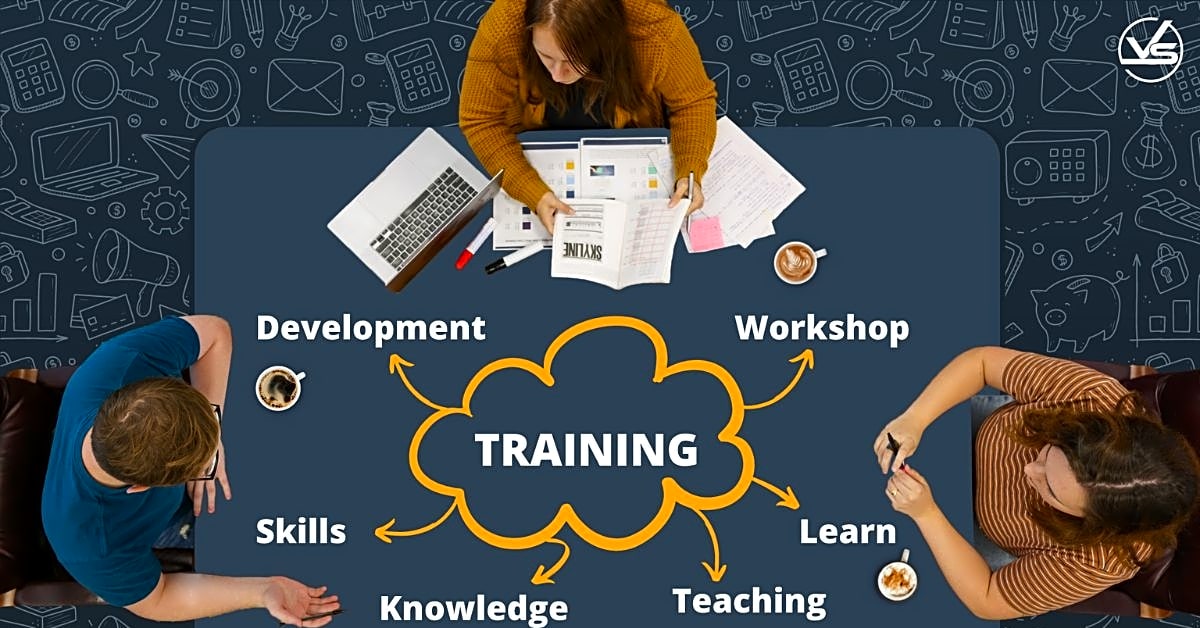In today’s constantly evolving business landscape, effective leadership and strategic planning are crucial for long-term success. One of the key elements in ensuring the sustainability of a company is developing a strong succession plan. This involves identifying and preparing potential future leaders within the organization to seamlessly take over key roles and responsibilities.
Succession planning is not just about filling positions, but also about creating a culture of continuous development and growth. It is a proactive approach to ensure that the right people are in place to lead the company towards its goals and objectives.
In this article, we will delve into the various strategies for developing successful succession plans. We will explore the importance of leadership development in succession planning, as well as the impact it can have on overall business growth. Whether you are a small business owner or a corporate executive, this article will provide valuable insights on how to effectively plan for the future success of your organization.
In today’s competitive business world, having strong management skills is crucial for the success of any organization. This includes being able to effectively lead a team, manage projects, make important decisions, communicate effectively, and solve problems efficiently. In order to develop effective succession plans, it is essential for business owners and managers to improve their leadership abilities. By incorporating practical tips and techniques into their succession plan, they can become more effective leaders and drive business growth.When it comes to team building, creating a positive work culture is key. This can be achieved by fostering collaboration among team members and promoting a sense of unity within the team. By encouraging open communication and valuing each team member’s contributions, a strong and cohesive team can be formed.In terms of project management, there are various methodologies that can help business owners and managers stay organized and meet deadlines. These include Agile, Scrum, and Waterfall methodologies. By understanding the strengths and limitations of each methodology, leaders can choose the one that best fits their organization and project needs.Effective communication is also crucial for successful leadership. This involves actively listening to team members, providing clear instructions and expectations, and fostering open and honest communication. By being a good communicator, leaders can build trust within their team and improve overall team performance.Making informed decisions is another important aspect of effective leadership. This involves gathering all necessary information, considering different perspectives, and evaluating potential outcomes before making a decision. By involving team members in the decision-making process and considering their input, leaders can make decisions that benefit both the team and the organization.Problem-solving skills are also essential for effective leadership. In a fast-paced business environment, challenges and obstacles are inevitable. Leaders must be able to think critically and creatively to find solutions to these challenges. By promoting a problem-solving mindset within the team, leaders can encourage innovation and adaptability within their organization.Incorporating these strategies into a succession plan can greatly benefit any organization. By continuously improving leadership skills, business owners and managers can drive business growth and ensure a smooth transition for future leaders. With a strong succession plan in place, organizations can thrive and achieve long-term success.
The Importance of Leadership Strategies
To become an effective leader, you need to have a solid understanding of leadership strategies and how to apply them in your role. This section will cover the key principles of leadership and provide you with practical tips on how to develop your skills.
Effective Communication: Building Strong Relationships
Communication is a key aspect of effective leadership. This section will cover different communication techniques that can help you build strong relationships with your team members and stakeholders.
Project Management: Staying Organized and Meeting Deadlines
Managing projects efficiently is crucial for the success of any business. In this section, we will discuss different project management methodologies and provide you with tips on how to stay organized and meet deadlines.
Problem-Solving Skills for Overcoming Challenges
In today’s fast-paced business world, challenges are inevitable. As a business owner or manager, it is crucial to have problem-solving skills in order to overcome these challenges and keep your business on track for success.
Problem-solving skills are the ability to identify, analyze, and solve problems efficiently and effectively. These skills can help you make sound decisions, think critically, and come up with innovative solutions that will benefit your business.
So, how can you develop these skills? Here are some practical tips:
- Identify the problem: The first step in problem-solving is identifying the problem at hand. Take the time to gather all the necessary information and understand the root cause of the issue.
- Think outside the box: Sometimes, traditional solutions may not work. Be open to thinking creatively and exploring different perspectives to find the best solution.
- Collaborate: Don’t be afraid to seek help from your team or colleagues. Collaborating with others can bring new ideas and perspectives to the table.
- Communicate effectively: Clear communication is essential in problem-solving. Make sure to convey your thoughts and ideas clearly and listen to others’ opinions as well.
By developing problem-solving skills, you can face challenges with confidence and find effective solutions that will contribute to the growth and success of your business. So, start working on these skills today and see the positive impact it has on your leadership and business!
Making Informed Decisions for Your Team and Business
As a leader, it is important to make decisions that benefit both your team and your organization. In a fast-paced business environment, it can be challenging to make informed decisions that will have a positive impact on both parties. However, with the right strategies and insights, you can make decisions that will drive business growth and create a strong team dynamic.
Understanding Your Team’s Needs
The first step in making informed decisions for your team and business is understanding the needs of your team. This includes their strengths, weaknesses, and goals. By understanding each individual’s role and contribution to the team, you can make decisions that align with their skills and help them grow.
Effective Communication
Communication is key in any successful business. As a leader, it is important to communicate clearly and effectively with your team. This means providing them with the necessary information to understand the decisions being made and addressing any concerns or questions they may have. By fostering open communication, you can ensure that your decisions are well-informed and supported by your team.
Evaluating the Impact
Before making any decision, it is crucial to evaluate the potential impact on both your team and your business. This involves considering the short-term and long-term effects, as well as any potential risks. By thoroughly evaluating the impact of your decisions, you can make informed choices that will benefit both parties.
Seeking Feedback
In addition to evaluating the impact of your decisions, it is also important to seek feedback from your team. This can provide valuable insights and perspectives that you may not have considered. By involving your team in the decision-making process, you can create a sense of ownership and collaboration, leading to a stronger team dynamic.
Continuously Learning and Adapting
In a fast-paced business environment, decisions may need to be made quickly. However, it is important to continuously learn and adapt as a leader. This means reflecting on past decisions and their outcomes, and using that knowledge to make more informed decisions in the future.
Developing succession plans is essential for any business looking to grow and succeed. By incorporating the strategies and skills discussed in this article, you can become a more effective leader and drive business growth. Remember, continuous learning and development are key to success in the ever-changing business landscape.






